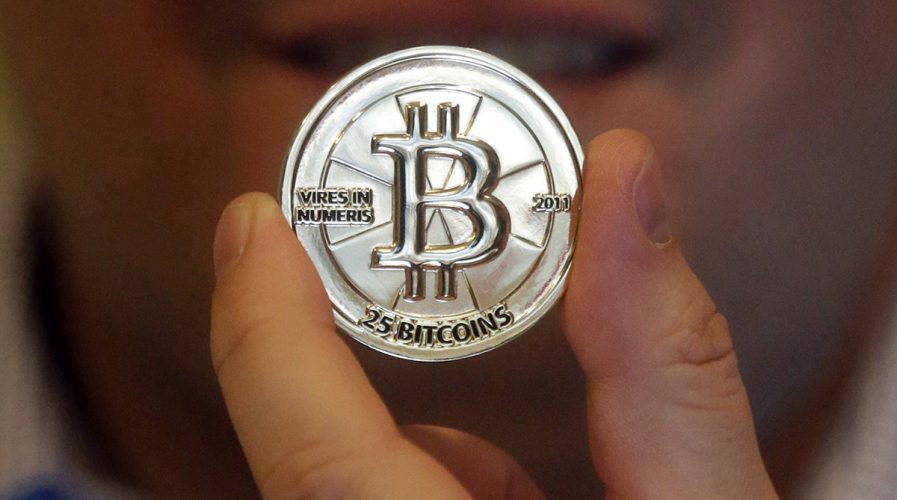
Bitcoin Cash – created from a split from Bitcoin – got off to a slow start due to lackluster support for its network. Source: AP
China: Bitcoin may face tighter regulations, markets slide
Bitcoin in China is taking a slight beating due to concerns of tightening regulation. According to Bloomberg, China’s central bank recently held closed-door meetings with a number of local bitcoin exchanges and it may be deploying stricter rules on the digital currency in order to “curb capital outflows”.
The meeting, which happened on Wednesday, wasn’t the first time China’s regulators had attempted to crack down on bitcoin. Back in January, it led a regulatory inspection into a number of exchanges including OkCoin, Huobi and BTCC. This was after trading for the digital currency was up 120 percent thanks to investors hedging their bets against yuan depreciation.
After Bloomberg News reported on the closed-door discussions, the price of bitcoin fell by 2 percent and the value of the digital currency will likely continue to drop due to regulatory uncertainty.
#Bitcoin News China Fears Spread Beyond Bitcoin As Crypto Markets Slide https://t.co/gDEc4C3dFk
— Randy Hilarski (@RandyHilarski) February 9, 2017
“There are a lot of people shorting bitcoin now, one because of the regulatory environment, another because the price is relatively high. The fact that PBOC continues to look into this issue might make people think that the whole thing isn’t over, and based on past trends, whenever the central bank holds meetings with exchanges, the price will drop,” said Tian Jia, a Beijing-based bitcoin trader.
While China appears to be cracking down bitcoin, CoinDesk reports that there are a number of banks in other Asian markets that are innovating in the cryptocurrency space.
For example, Japan’s Bank of Tokyo Mitsubishi UFJ developed its own cryptocurrency, nicknamed MUFG coin, last year. The purpose of the initiative was to emulate the “peer-to-peer exchange and mobile-wallet functionality that bitcoin provides,” without having to rely on a network of miners.
SEE ALSO: Thailand to prepare the way for widespread adoption of blockchain tech
As for South Korea’s KB Kookmin Bank, it also announced in early 2016 that it was developing a blockchain remittance service in partnership with local startup Coinplug. The idea was to take out the middleman involved in international SWIFT transfers.
Around the same time, China’s central bank had also announced the possibility of launching its own digital currency — although they were vague about whether they would be using blockchain technology. It would seem that, based on recent scrutiny from government authorities, any innovation in the bitcoin space will be deterred.
READ MORE
- Strategies for Democratizing GenAI
- The criticality of endpoint management in cybersecurity and operations
- Ethical AI: The renewed importance of safeguarding data and customer privacy in Generative AI applications
- How Japan balances AI-driven opportunities with cybersecurity needs
- Deploying SASE: Benchmarking your approach
